Beto Ortiz, a well-known local media figure, was dismissed from Frecuencia Latina (Channel 2) for “editorial differences,” and his column in Perú21 has been discontinued. In an interview with Dedomedio magazine, the journalist claims that his departure from both media is a way to censor him for his "impertinence" in reporting irregularities in the transfer of ownership of América TV (Channel 4) to the media groups of El Comercio and La República during the administration of President Alejandro Toledo.
A draft law that establishes internet rights and responsibilities for citizens, business, and the government has received hundreds of responses since the online comment period began last month. Responding to critics, the Justice Ministry has eliminated language that some claimed would effectively force web site hosts—including media outlets—to remove content immediately after private, non-judicial complaints.
Twenty-six reporters—12 from Mexico and 14 from the United States— participated March 26-27 in the McCormick Foundation's Specialized Reporting Institute: Cross-border Coverage of U.S.–Mexico Drug Trafficking. The seminar took place in Austin and was organized by the Knight Center for Journalism in the Americas.
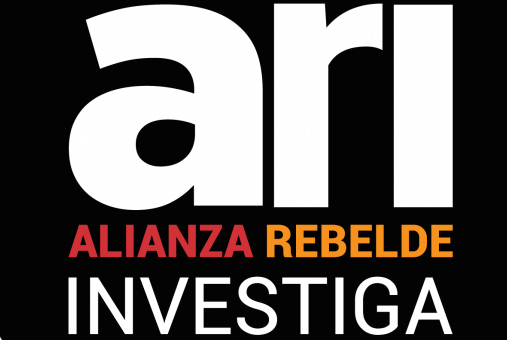
To face the many challenges that currently exist in Venezuela, many journalistic media have found themselves in need of forming alliances to continue reporting and investigating.
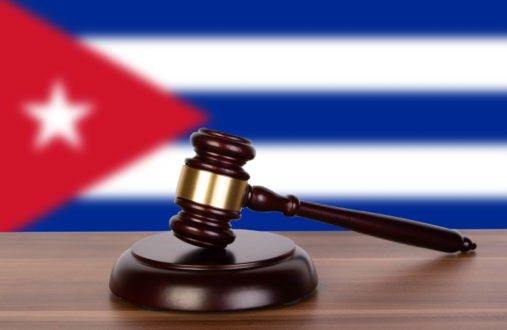
A group of 55 journalists, researchers, bloggers, activists, professors and others in Cuba have launched a petition demanding an end to repression against independent journalists and calling for guarantees for press freedom

Cuba is the only country in Latin America included in the list of 10 nations with the highest levels of censorship in the world, according to a report by the Committee to Protect Journalists (CPJ).
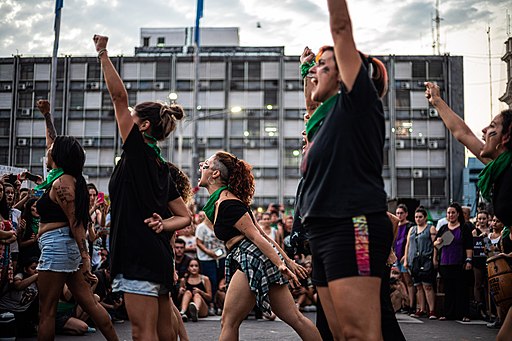
The ministry sent a complaint to the São Paulo Public Prosecutor about a report published by the feminist magazine AzMina about abortion, considering that the article “may encourage the clandestine practice” of terminating pregnancy

Since the new coronavirus arrived in Cuba, independent journalism has had to face the increasingly common fines of Decree 370, which penalizes the opinions of Cubans posted on social networks and digital platforms.
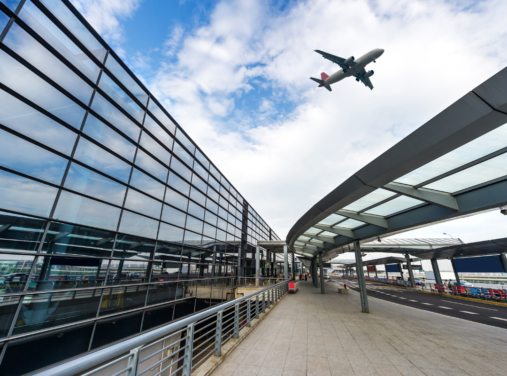
During 2019, there were more than three thousand arbitrary detentions in Cuba, several of these affecting dozens of independent journalists, activists and political opponents, according to a recent report by the Cuban Observatory for Human Rights (OCDH).
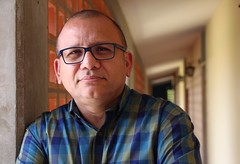
Control of public speech was, from the beginning, a characteristic of the new model of government that was established in Venezuela with Hugo Chávez in 1999, said Venezuelan researcher and columnist Andrés Cañizález.
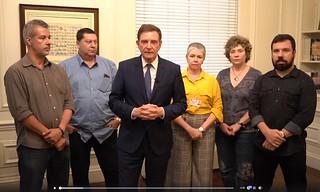
The mayor of Rio de Janeiro, Marcelo Crivella, severed city hall’s relations with newspaper O Globo, the largest in the city and edited by Grupo Globo, the largest communication group in the country. As a practical effect, on Dec. 3, two journalists from the outlet were prevented from attending a press conference about the city's New Year's Eve party, which annually attracts millions of tourists from Brazil and around the world.
The Colombian press had to overcome several obstacles to cover the municipal and regional elections of Oct. 27 in Colombia, according to the Press Freedom Foundation (FLIP, for its initials in Spanish) of Colombia. FLIP recorded nine cases of restriction to the press by the National Police. In some, law enforcement did not allow journalists […]